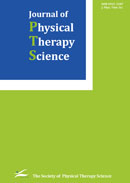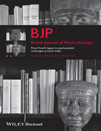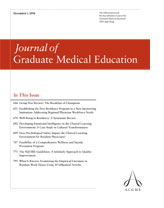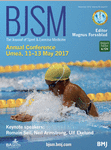A researcher in South Korea has retracted a 2015 paper after telling the journal he falsified the institutional approval required to conduct the animal experiments.
In the article, the author explicitly says that the Animal Experiment Review Board of a university based in Seoul, South Korea approved the experiments, but according to the journal, “the author did not receive an approval by the board and he used a false approval number.”
Here’s the retraction notice for “The role of compensatory movements patterns in spontaneous recovery after stroke,” published in the Journal of Physical Therapy Science (JPTS) in September 2015 and retracted in December: Continue reading Author says he lied about approval for animal research

 A psychoanalyst has retracted an award-winning 2016 paper over concerns that it contained “sensitive” patient information.
A psychoanalyst has retracted an award-winning 2016 paper over concerns that it contained “sensitive” patient information.
 Researchers in Ireland have retracted a case study about a rare type of cancer in a child because – contrary to what they claimed in the paper – they had not obtained the necessary permission from the parents.
Researchers in Ireland have retracted a case study about a rare type of cancer in a child because – contrary to what they claimed in the paper – they had not obtained the necessary permission from the parents.




